120 years since the British Olympic Association was founded
by Philip Barker
The British Olympic Association was founded 120 years ago this week.
Twenty years ago, then International Olympic Committee (IOC) President Jacques Rogge unveiled a plaque as part of the BOA centenary celebrations in honour of the Olympic Champions of the 1908 London Games.
When the Games took place, the Olympic regulations requiring such a monument had not yet been introduced.
So it was that 97 years later it was installed at the site of the White City Stadium in London, close to where the finishing line in the stadium for the 1908 Games had been.
BOA Chairman and IOC member Sir Craig Reedie was joined by IOC Vice President Gunilla Lindberg and European Olympic Committees (EOC) President Mario Pescanti and EOC secretary Patrick Hickey to watch the unveiling.
BBC Director General Mark Thompson and five-time rowing gold medallist Sir Steve Redgrave, at the time Britain’s most successful Olympian, were also present.
The White City Stadium, known in 1908 simply as “The Great Stadium,” was demolished 40 years ago, replaced by an extension to the offices of the BBC.
Although there had been no national Olympic governing body, Britain had supported Baron Pierre de Coubertin’s efforts to revive the Games for the modern era.
Charles Herbert, also Secretary of the Amateur Athletic Association (AAA) had attended the 1894 Congress at the Sorbonne and became an IOC member.
In 1897, Reverend Robert de Courcy Laffan, then in charge of Cheltenham College but later vicar of St Stephen’s Church Walbrook in the city of London, impressed Coubertin with his command of French and was also co-opted onto the IOC.
In 1904, London also welcomed an IOC Session to London.
One of the resolutions taken was to hold an International Athletic Congress in Brussels the following year. At the same session, Rome was chosen as host city for the 1908 Olympics.
Shortly afterwards there appeared a statement of intent from leading sporting figures in Britain.
“The growth of increasing internationalism in athletics as witnessed by the increasingly international character of Henley Regatta, by the coming athletic contest of the universities of Harvard and Yale against Oxford and Cambridge, by the recent international fencing tournament at the Crystal Palace, and by the competition for the Davis International Cup for lawn tennis gives special importance to the meeting of this congress.”
The formation of a British Olympic Association was proposed.
“Consisting not only of those interested in athletics for their own sake, but also those who, recognising the international significance of the Olympic Movement, desire to assist in promoting its success.”
The new organisation was aimed at “spreading in Great Britain a knowledge of the Olympic movement and ensuring the participation of British representatives in both the Olympic Games and in international congresses.”
The invitation was dated September 1904 and was signed by Herbert, Sir Howard Vincent, a Member of Parliament (MP) at Westminster, and Laffan, who was appointed interim secretary “until its organisation can be fully developed.”
A subscription to the new Association was set at five shillings (25 pence in decimal currency)
The founding meeting was held in Committee room 12 at the House of Commons on 24th May 1905.
It was chaired by Vincent and elected William Henry Grenfell, soon to become Lord Desborough, as the first BOA Chairman.
“The selection is a happy one for Mr Grenfell is well known as a fine all round sportsman” said the Northampton Daily Reporter.
In the BOA archives, a document lists those who attended the meeting where “It was unanimously resolved that the following be invited to form the council of the Association.”
Herbert, Vincent and Laffan were all included.
Among the group who “consented to serve” were Football Association Secretary Frederick Wall, archery’s Colonel Henry Walrond, Captain Alfred Hutton and Felix Clay of the Amateur Fencing Association and Lawrence Levy who had served on the jury for gymnastics at the 1896 Olympics.
Invitations were to be sent to other leading figures. These included FA President Lord Kinnaird who had been a legendary figure in the early days of organised football and Edgar Syers of the National Skating Association who was to partner his wife Florence in Olympic pairs events in 1908.
Also invited were Theodore Cook, a leading figure at the Henley Royal Regatta.
Reginald “Boss” Gridley of the Amateur Rowing Association, Rowland Hill, President of the Rugby Football Union, John Douglas Scott Montague, soon to become Lord Montague of Beaulieu, Sir Lees Knowles MP and Lord Hawke who captained Yorkshire and England at cricket.
Foreign Secretary Sir Edward Grey was also to be approached.
The meeting appointed a “deputation” to attend what was now described as the “International Congress of Sport and Physical Development” in Brussels. This was scheduled for 9th June 1905, little more than a fortnight later.
The BOA also sent competitors to Athens in 1906 for the Olympian Games which had been organised to celebrate the tenth anniversary of the first Modern Olympics in the same city.
As they travelled to the Games, many officials witnessed the devastation caused by the eruption of Mount Vesuvius. The Roman authorities were forced to withdraw from hosting the Games and the BOA took on the responsibility of organising the 1908 Olympics.
All the leading officials of the BOA were men in 1905 but now the organisation is chaired by 2012 Olympic rowing gold medallist Dame Katherine Grainger, the first woman to hold the post.
Since 1983 the BOA President has been the Princess Royal.
In addition to our website, you can also find information on Olympic history, personalities and stories on our social media platforms facebook, twitter and instagram @ISOHOlympic and Via Linked at LinkedIn: isoh.org/linkedin

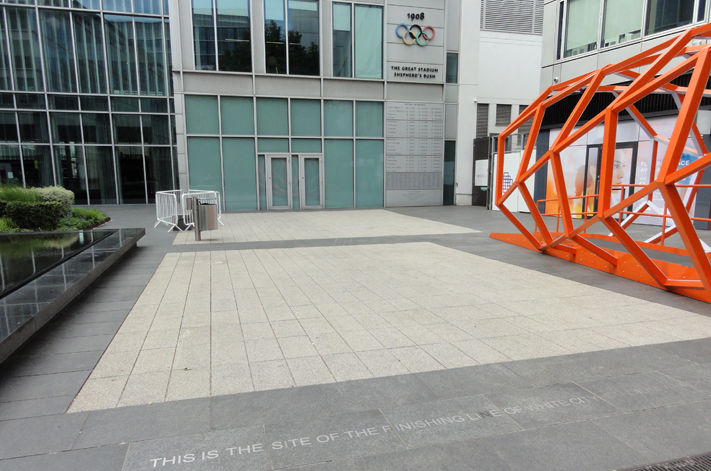
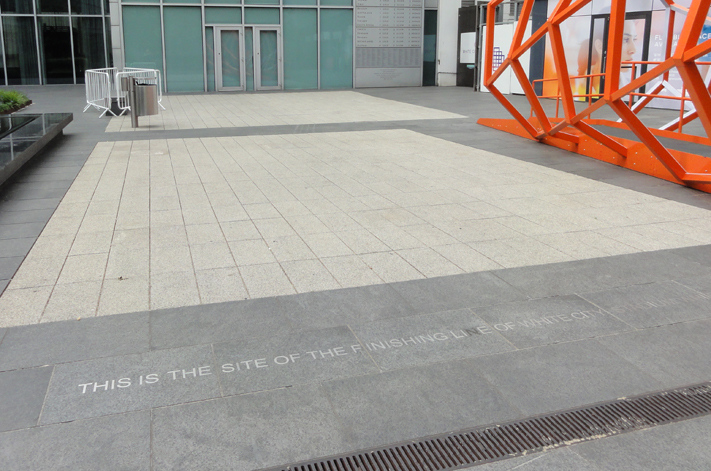
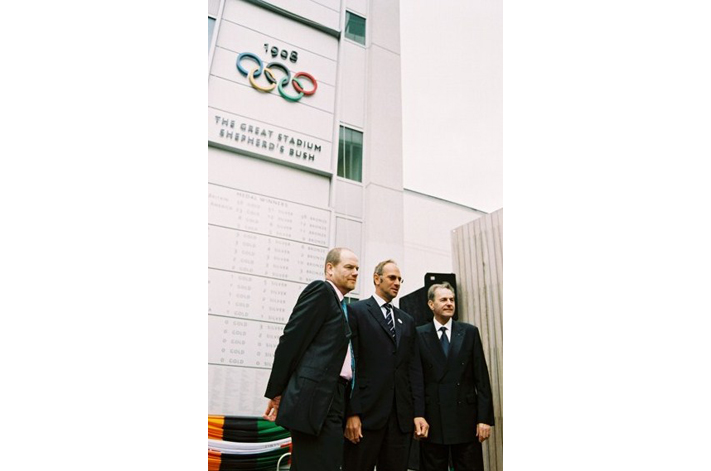
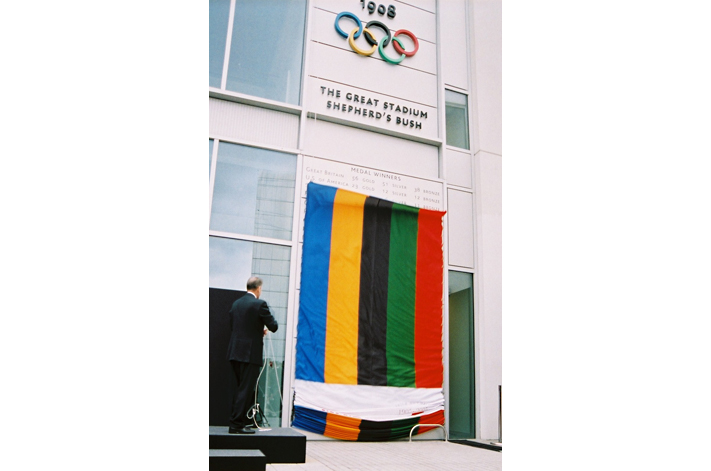
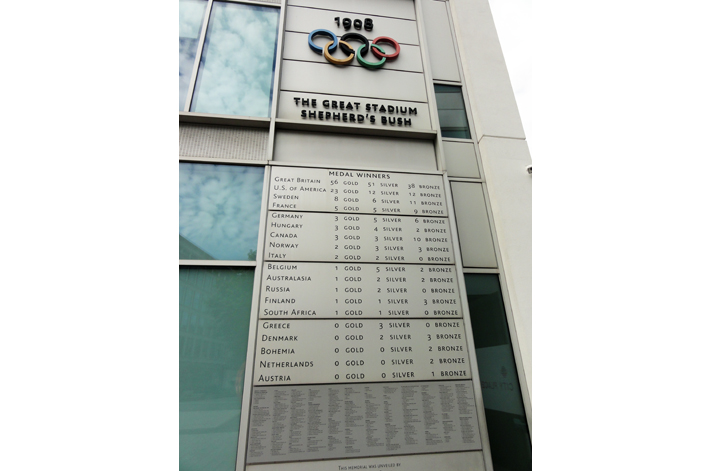
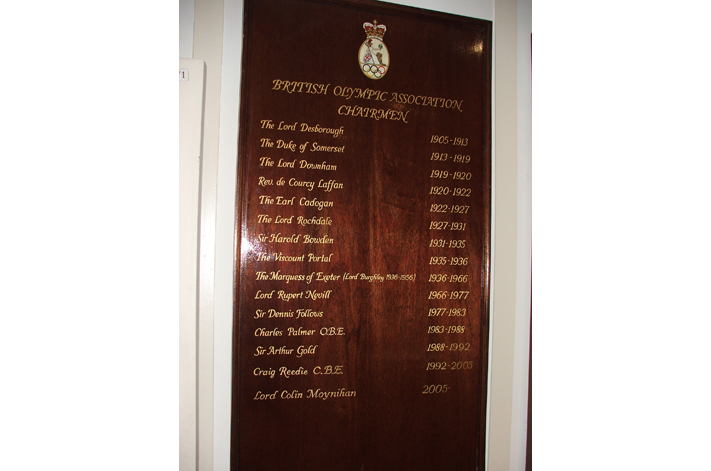
There are no comments published yet.